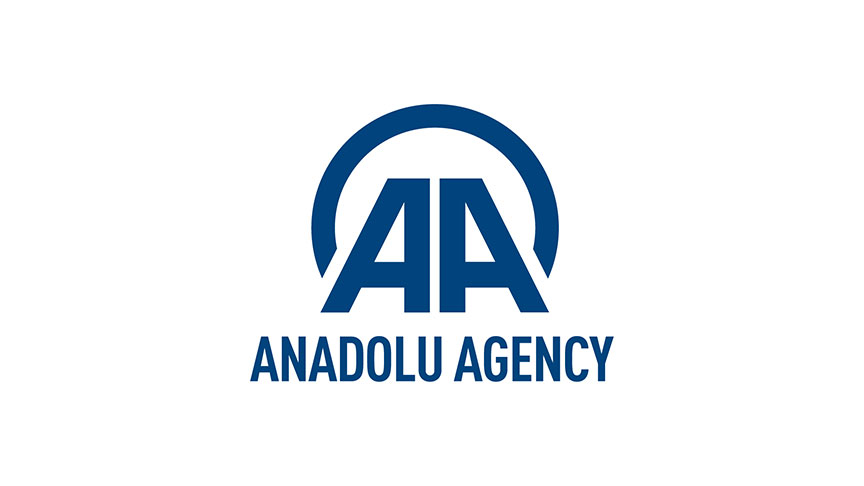- The Writer holds an MSc in Eurasian Political Economy & Energy from King’s College London and also an MA in European Studies from Sabancı University.
In 2016, many developing and emerging countries have recorded a slowdown in their economies while some have experienced a recession due to uncertainties both politically and economically. Security issues and the refugee crises have also contributed to this downward trend.
Mounting risk of uncertainty in the global economy has arisen following the U.K.’s decision to leave the European Union, the attempted coup in Turkey that resulted in a state of emergency, and different foreign policy expectations under the new U.S. administration along with the widely-expected additional FED interest rate hikes.
Turkey was affected by these developments, and despite the continued efforts towards privatization in the country, merger and acquisition (M&A) activities have seen a notable slowdown in 2016 in both deal numbers and value in energy markets, totaling US$2 billion in 30 deals.
Excitement over oil and gas deals, in particular, was short lived. Compared to 2015, when $1.7 billion was generated, 2016 saw only the closure of six deals amounting to $202 million. Among these six deals, the state-owned fuel retailer, TP Petrol, accounted for 79 percent of the total deal value, while the remainder was mostly local and did not significantly contribute to the overall deal size or value.
Although foreign investor stakes in oil and gas and utilities contributed a relatively higher amount than the previous year, overall, in comparison with recent years, their deal volume remained much lower. While the sale of 50 percent of the Valeura Energy’s share to Norwegian Statoil was acquired with a deal value of $15 million, the Transatlantic Petroleum ‘s sale to Canadian Valeura Energy was acquired in a deal worth $22 million. The acquisition of state-owned fuel retailer TP Petrol by the Zulfikarlar Holding was among the highest bids among oil & gas deals that took place in 2016 with a deal value of $159 million.
The energy industry was by far the biggest in 2016 in Turkey among all the various sectors, both in transaction numbers and value, based on disclosed volumes in both merger and acquisition deals. The entertainment sector was the second biggest deal breakers followed by financial services and manufacturing. Both in 2014 and 2015, the energy sector ranked first with a total number of 38 deals valued at $4.9 billion in 2014 and 42 deals totaling $4.1 billion in 2015.
The energy sector piqued Turkish investors’ interest in investment portfolios and contributed 54 percent of the total transaction volume. In terms of the number of deals in mergers and acquisitions, European investors were the most actively engaged players, followed by North American and Gulf investors. The U.S., Qatar, and South Korea topped the least of the highest value deals.
In Turkey’s utility industry, 24 deals worth $1.8 billion were disclosed with most from power generation ranging from a thermal power plant to other renewable energy assets while others were in retail. Very few foreign investors participated in utility deals, resulting in a new low in the share of overall foreign deals in utilities, decreasing from 45 percent in 2015 to seven percent in 2016.
The major reasons behind the motivation for M&As were examined and in the main, economics was found to be divisive as a motivating factor.
Some companies want to combine their business activities to create a synergy with the intention of increasing overall performance and to complement their weaknesses and strengths in the long term by gaining competitive advantages. Increased capacity resulting in expanded research and development could pave the way for more robust manufacturing operations while allowing opportunities to build unique technology platforms.
Instead of starting from ground zero, some companies choose to merge with others to expand into different markets with the aim of diversifying their portfolios to reduce the impact of a particular sector’s overall performance. For this reason, many companies choose a company that is already established in the targeted field. Some others purely target an increase in their market share and consequently, they acquire a competitor’s business to increase their overall share, a tactic known as horizontal merging. Whereas in the case of a vertical merger, a company targets a merger with one of its suppliers or distributors to eliminate overall operational costs allowing for increased cost savings. This type of merger would eventually boost overall supply chain pricing power.
Prospects for 2017 are relatively more optimistic than the previous year, however, the overall outcome will be inextricably linked to the economic environment as well as the number of tenders that the privatization administration will launch.
With the finalization of OMV Petrol Ofisi’s privatization, the transaction volume of oil & gas would surpass $1 billion. Turkey’s regulatory improvements in the execution and bankruptcy code (TEBC) under article 179, decree no 669, for the suspension of bankruptcy for up to two years, allows companies to recover in the event of financial difficulties and offers them restructuring opportunities which would make the merger and acquisition process more streamlined. The establishment of a separate department for auditing and inspection under the Energy Market Regulatory Authority would further intensify the scrutiny over companies in case of non-compliance.
- Opinions expressed in this piece are the author’s own and do not necessarily reflect Anadolu Agency's editorial policy.


